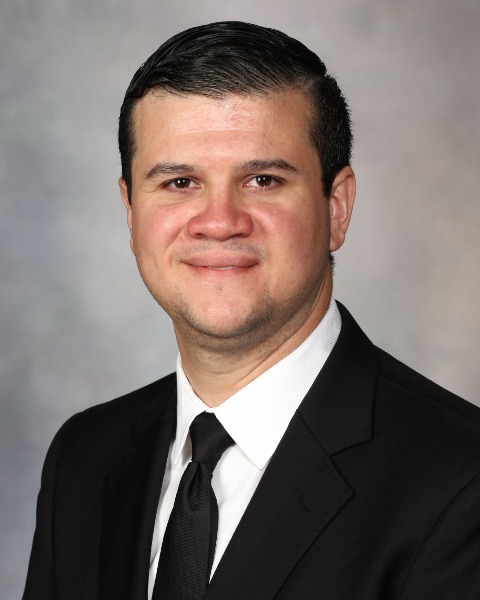How Do Frontliners Learn During a Pandemic? A Global Survey Evaluating COVID-19 Webinars
-

-
JT
Jamil Taji, MD
MD
Mayo Clinic Health System
MANKATO, Minnesota, United StatesDisclosure information not submitted.
-
AT
-
VB
Vikas Bansal, MPH, MBBS
Research Fellow
Mayo Clinic
Rochester, MinnesotaDisclosure information not submitted.
-
RS
Romil Singh, MD
Resident
n/a
Rochester, Minnesota, United StatesDisclosure information not submitted.
-
MS
Mayank Sharma, MBBS
Research Fellow
n/a, Minnesota, United StatesDisclosure information not submitted.
-
MB
Marija Bogojevic, MD,
Resident Physician
Montefiore New Rochelle Hospital, Minnesota, United StatesDisclosure information not submitted.
-

Neha Deo, BS
Medical Student
Mayo Clinic Alix School of MedicineDisclosure information not submitted.
-

-
SS
Salim Surani, MD, M.P.H., MSHM
Adjunct Clinical Professor
Executive Medical Clinic, United StatesDisclosure information not submitted.
-

Juan Pablo Domecq Garces, MD
Assistant Professor of Medicine
Mayo Clinic College of Medicine
North Mankato, Minnesota, United StatesDisclosure information not submitted.
-

Rahul Kashyap, MD, MBA,
Medical Director Research
Wellspan Health-York Hospital
York, PennsylvaniaDisclosure information not submitted.
First Author(s)
Co-Author(s)
Title: How Do Frontliners Learn During a Pandemic? A Global Survey Evaluating COVID-19 Webinars
Introduction: A key aspect of a successful pandemic response is being able to rapidly train front liners on how to respond to the new challenges. With the restrictions imposed on in-person seminars and lectures, the propagation of online teaching tools has become even more crucial. We assessed the level of participation in webinars by healthcare providers and determined their effects on the treatment practices of clinicians. We also assessed opinions on the efficacy of various Coronavirus Disease 2019 (COVID-19) pharmacological interventions.
Methods: An online, anonymous, cross-sectional survey was conducted among COVID-19 front liners including attendings, nurses, and researchers. The survey was distributed by the Society of Critical Care Medicine (SCCM) as well as privately using a secure web application (REDCap). The survey was composed of three sections: (1) assessing opinions on the usefulness of webinars; (2) assessing views on various COVID-19 pharmacological interventions; (3) establishing the demographics of the respondents.
Results: Among 150 invited front-liners, 105 responses were collected. Around 75% of respondents either agreed or highly agreed that webinars are a useful source of knowledge despite only 68% of them reporting to have active participation in webinars relating to COVID-19 treatment/management. Among those who had not participated, 50% gave time constraints as their main reason, 30% said lack of awareness, and only a minority (less than 10%) said it was because they did not find webinars useful. Lastly, 75% rated systemic corticosteroids as the most effective treatment in their opinion. The least effective treatment for COVID-19 among responders was hydroxychloroquine.
Conclusions: Most respondents agree that webinars are an important medium for the dissemination of information on COVID-19 and that these webinars have informed their clinical practice. Overall, our survey showed a strong interest from front liners for COVID-19 webinars. However, time constraints and lack of awareness were the main limitations for their lack of attendance. This information is key for designing an effective educational response for any future pandemics that we as healthcare professionals will face.
